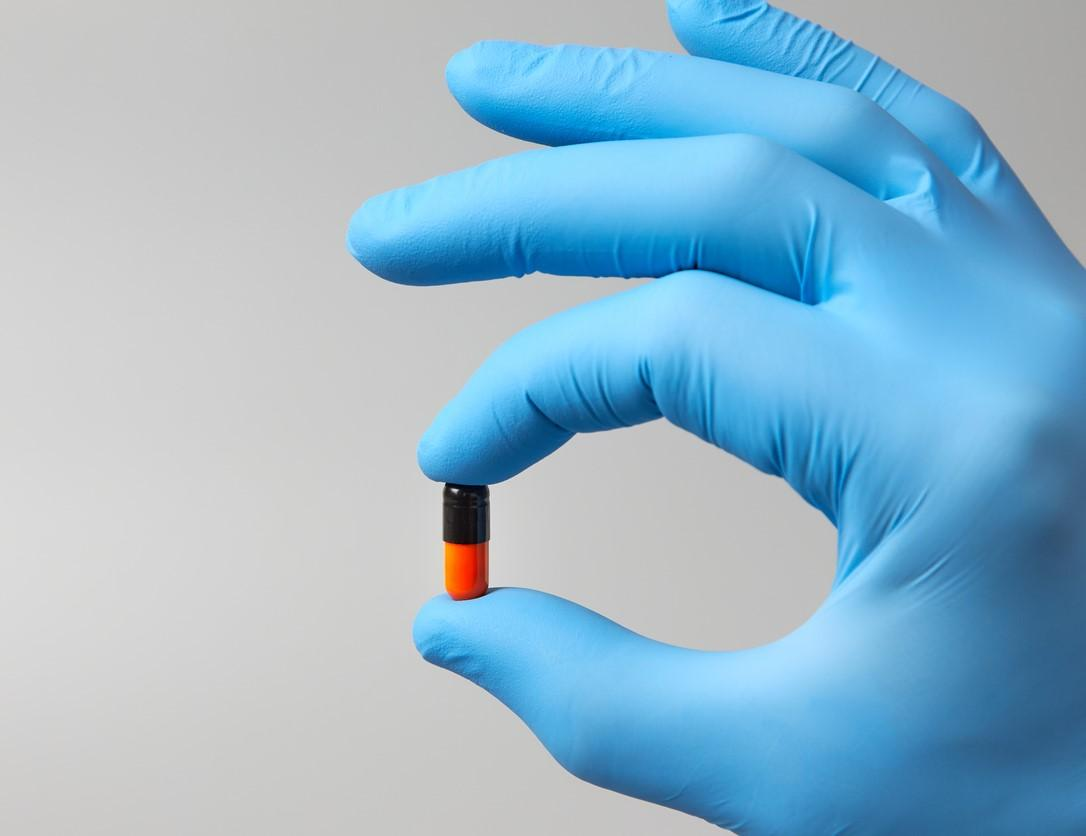Patients are no longer being enrolled in the Study of Tecovirimat for Mpox (STOMP) randomized clinical trial (RCT) after an interim analysis showed that the antiviral drug (brand name, Tpoxx) didn't speed lesion healing or pain relief in adults with mild to moderate clade 2 mpox at low risk for severe illness, report the study sponsor, the National Institute of Allergy and Infectious Diseases (NIAID), and Tpoxx developer Siga Technologies, Inc.
While no safety signals were detected during the study, the study's Data Safety and Monitoring Board recommended halting enrollment after an additional assessment showed the chance was less than 1% that the study would demonstrate efficacy if enrollment and follow-up were completed. The NIAID also closed enrollment into an open-label study arm for patients at high risk for severe disease, which was not designed to estimate Tpoxx's effectiveness.
"Before 2022, no treatment candidate had been studied in people with mpox, and this trial is a critical step in our systematic evaluation of existing antivirals like tecovirimat while pursuing novel antivirals and antibody-based mpox therapeutics," NIAID Director Jeanne Marrazzo, MD, MPH, said in the agency news release.
Mpox spreads primarily through close contact such as sex. A clade 2 subtype mpox virus caused a global outbreak in 2022 primarily in men who have sex with men and still circulates at low levels. The World Health Organization declared this year's clade 1 outbreak in Central and East African countries a public health emergency of international concern. This outbreak is hitting children especially hard.
Travel-related cases of clade 1 mpox have been reported around the world, with the first US case diagnosed on November 15. People with significantly weakened immune systems or certain skin conditions, children, and pregnant women are at higher risk for severe mpox. Tpoxx, which Siga developed with the US government, received US Food and Drug Administration approval for the treatment of smallpox, a close relation of mpox, in 2018.
3 other enrolling trials expected to yield similar results
STOMP is a randomized, controlled, double-blind trial to evaluate the safety and effectiveness of Tpoxx for treating mpox. In September 2022, the study began enrolling mpox patients in Argentina, Brazil, Japan, Mexico, Peru, Thailand, and the United States who had symptoms for no more than 2 weeks.

















